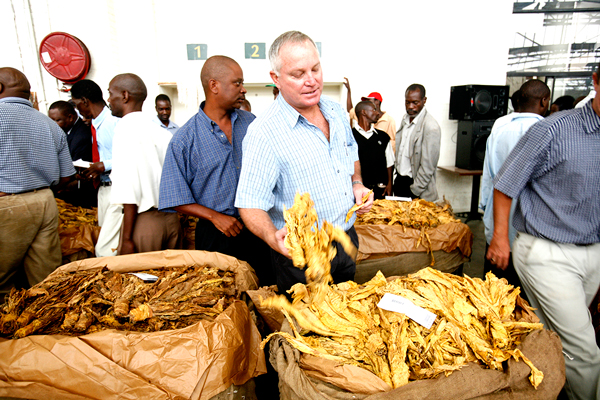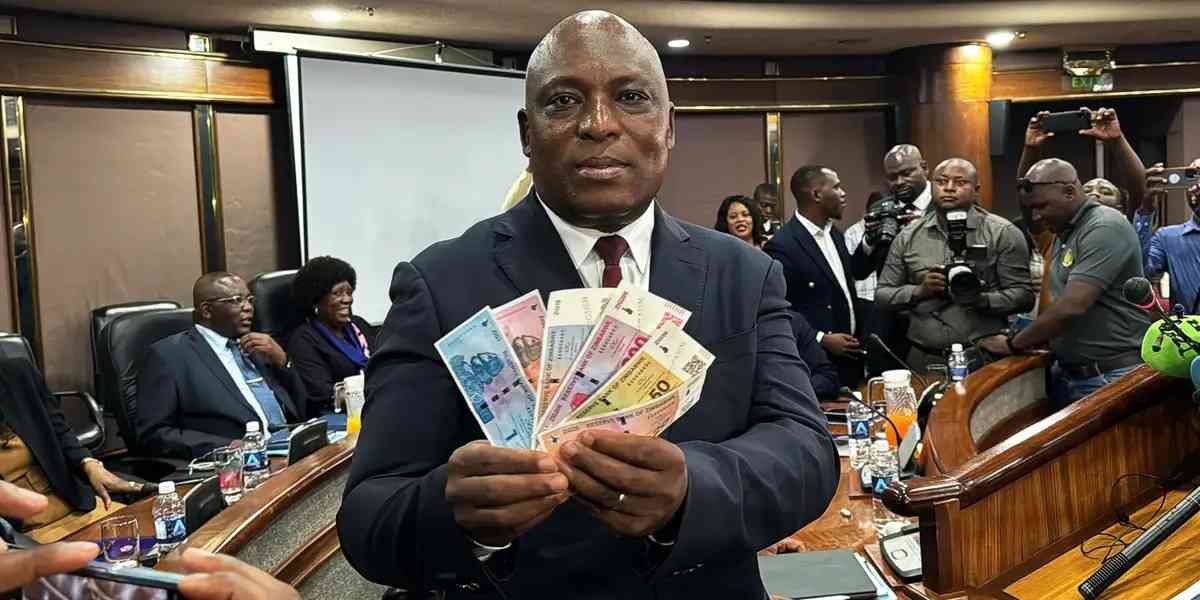
BY FIDELITY MHLANGA
ZIMBABWE’S tobacco deliveries have hit an all-time high of 258 million tonnes, but poor prices prevailing this season could hamper farmers from adequately preparing for the forthcoming season.
Figures from the Tobacco Industry Marketing Board (Timb) shows that as of September 9, which is day 118 of sales, deliveries of the golden leaf grew 2% this season, up from 252 million kgs delivered last year.
This year, average prices for tobacco dipped to $2 per kg down from $2, 92 recorded last season. A combination of poor prices and ballooning cost of inputs has made it impossible for most farmers to recoup their investments and retool for the forthcoming season.
This season’s average price is the worst in four years after reaching $2,96 in 2017, while in 2016 and 2015 it stood at $2,95.
Prices of most inputs that include fertilisers, seeds have skyrocketed beyond the reach of many farmers, mostly small-scale producers who produce the bulk of Zimbabwe’s golden leaf.
Tobacco is key in the economic matric of the country, standing out as one of the top forex generators cashing in an average US$1 billion annually.
The southern African country heavily relies on tobacco-generated forex to import fuel, pharmaceuticals and key industrial raw materials.
- Chamisa under fire over US$120K donation
- Mavhunga puts DeMbare into Chibuku quarterfinals
- Pension funds bet on Cabora Bassa oilfields
- Councils defy govt fire tender directive
Keep Reading
Tobacco sales dropped 28% to $524,6 million from $737 million realised last year.
Tobacco sales were done in hard currency, but farmers were getting part of their proceeds in local currency even before the promulgation of the Zimdollar in June this year.
Most farmers who anticipated to make a fortune were discouraged by a Reserve Bank of Zimbabwe (RBZ)-directed payment arrangement, which states that the golden leaf growers will be paid in real time gross settlement dollars and given an option to use 50% of net earnings to buy forex at the prevailing interbank rate.
While farmers were entitled to 50% retention of foreign currency this season via their nostro accounts, the process of withdrawing the hard currency was cumbersome, forcing producers to sell their produce in the local currency.
Surprisingly, the golden leaf eclipsed previous seasons despite the poor weather conditions experienced this year.
Sales have eclipsed the highest figure before last year of 237 million kg obtained in year 2000.
Zimbabwe remains the major flue-cured tobacco producer in Africa and occupies fifth position in the world after many communal farmers joined the lucrative farming sector following the land reform programme.
Previously a preserve for white commercial farmers, tobacco farming in Zimbabwe has, over the years, evolved to become the mainstay for smallholder and subsistence farmers, providing a source of livelihood for most of the country’s rural population.











